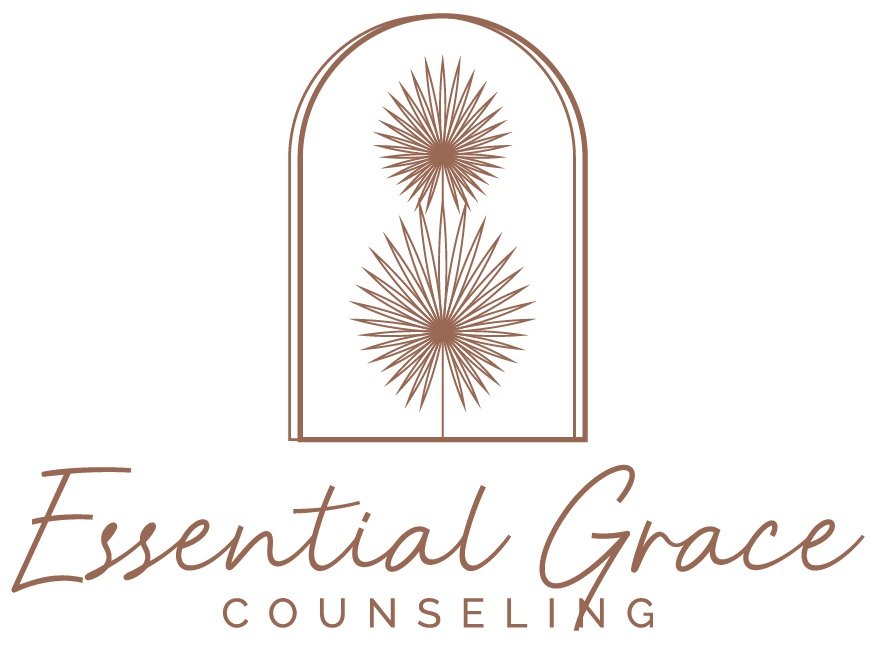FAQs
-
Therapy can assist you in better expressing yourself, increase confidence and decision making, and it can bring overall clarity to you life. Therapy can help you create life long coping skills. Remember that therapy is collaborative and you must be willing to put in the effort. Keep in mind that you don’t have to have a BIG problem to start therapy.
-
In most cases, sessions should be on a weekly basis to ensure proper management of your needs. However, biweekly sessions are available. We do not see clients on a monthly basis.
-
This is a valid concern. The information you share with us is confidential unless you are in immediate danger, know that someone is in immediate danger and if abuse/neglect is reported. As a psychotherapist, we are required by law to report in those instances, otherwise, you can trust that we will protect your welfare.
-
Yes! Please reach out to see if we have any openings available.
We also accept Loveland vouchers.
-
A mental health professional can help you approach your situation in a new way– teach you new skills, gain different perspectives, listen to you without judgment or expectations, and help you listen to yourself. An added benefit is that therapy is completely confidential.
-
Medication alone cannot solve all issues. What medication does is treat the symptoms. Our work together is designed to explore the root of the issue, dig deep into your behavior and teach strategies that can help you accomplish your personal and/or relational goals.
Medication can be effective and is sometimes needed in conjunction with therapy. If additional support is needed, a referral can be provided to the closest psychiatrist in your area to help you find the best fit for your needs.

